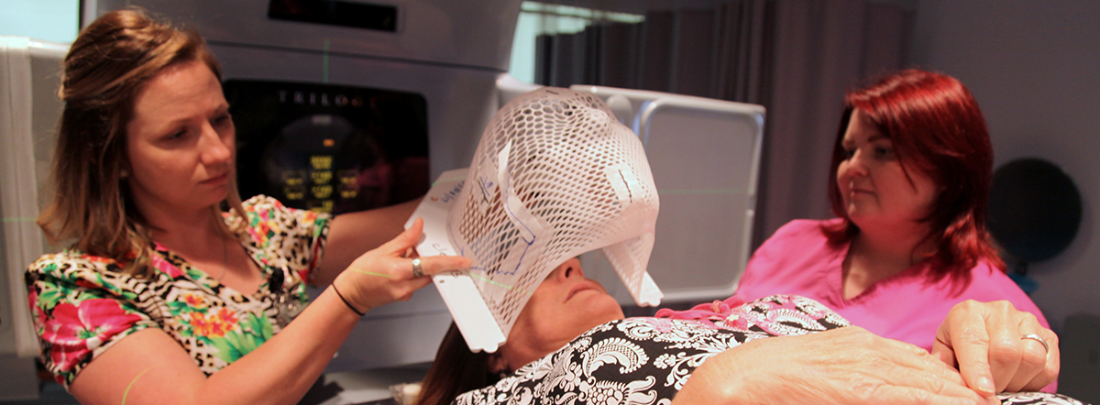
- Augusta University
- Colleges & Schools
- Medical College of Georgia
- Radiation Oncology
- Radiation Oncology Faculty
Radiation Oncology Faculty
Faculty
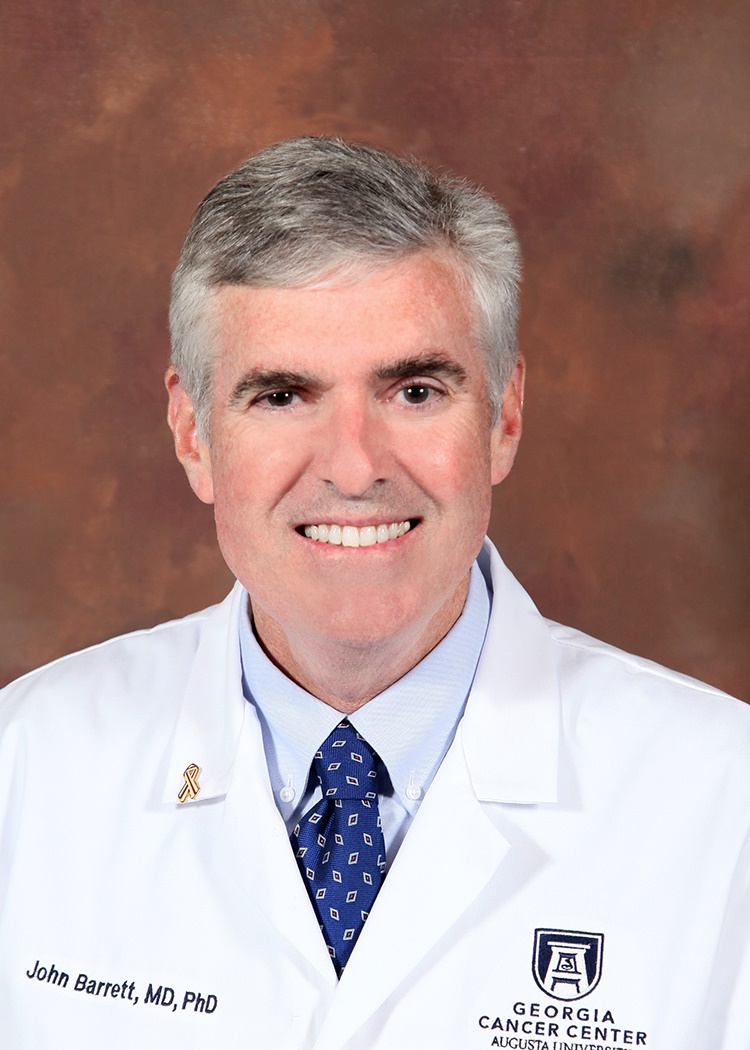
Dr. John Barrett is currently the chair for the Medical College of Georgia's Department of Radiation Oncology. Known as a strong advocate for his patients and concerned with not only providing the best of care, but communicating effectively with patients and their families. Dr. Barrett is an enthusiastic proponent of an interdisciplinary approach to cancer care. He makes it a point to communicate effectively with the Georgia Cancer Center treatment team. He received his medical degree and PhD from University of South Carolina, Columbia, SC in 1985. He then completed his PhD and completed his residency at the National Cancer Institute, Bethesda, MD. Prior to that, he completed internal medicine residency at McGraw Medical Center of Northwestern University, Chicago, IL and started as a hematology/oncology fellow for a year and then shifted to radiation oncology. Dr. Barrett has participated in translational and cooperative group trials.

Dr. Ferguson received her medical degree from the Medical College of Virginia, where she also completed her residency and a fellowship in radiation therapy. She participates in many group clinical trials and her clinical interests encompass gynecological, breast and gastrointestinal cancers.
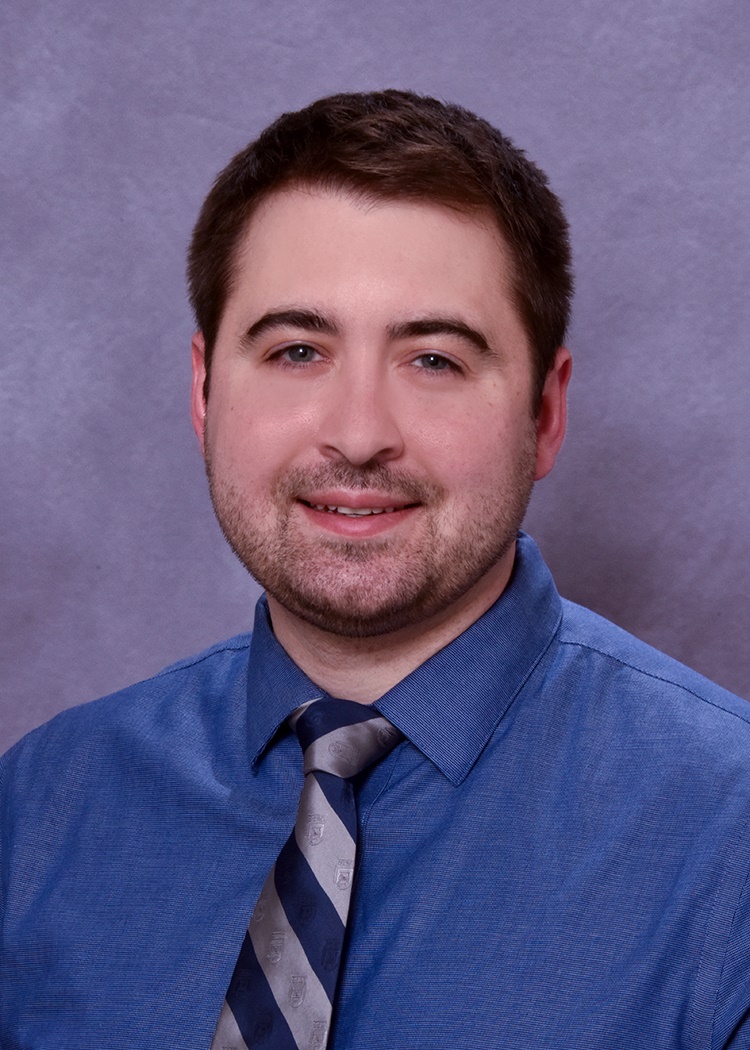
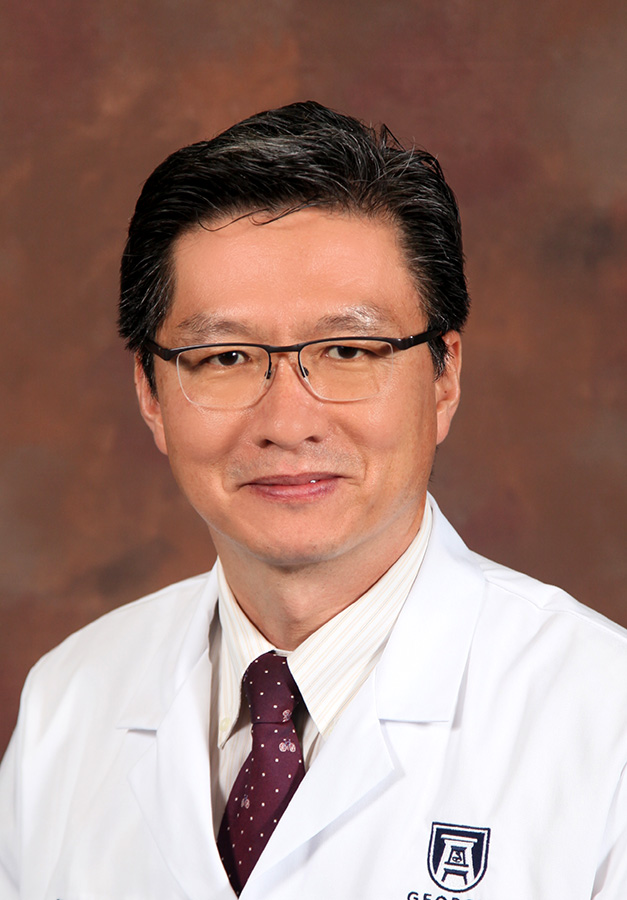
Chulhaeng Huh, PhD, DABR
- Interim Director, Medical Physics
- Assistant Professor, Radiation Oncology
706-721-2971
Dr. Huh received his PhD in Nuclear Engineering from the University of Florida. He obtained a certificate in the Therapeutic Radiological Physics program from the American Board of Radiology in 2010. He is currently an Assistant Professor in the Medical College of Georgia and works within the Georgia Cancer Center Radiation Therapy facility.
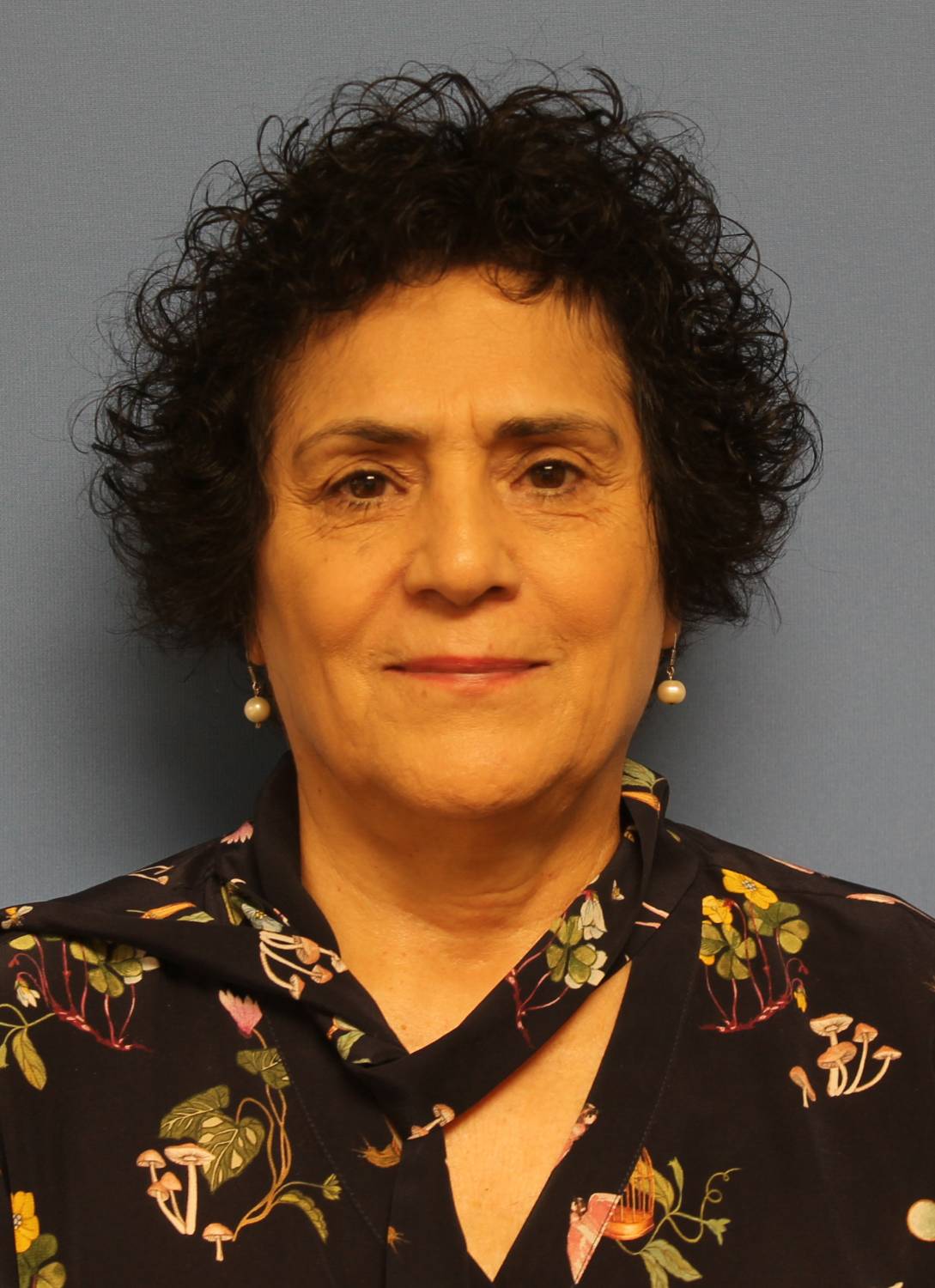
Nahid Mivechi, PhD
- Director, Center for Molecular Caperone/Radiobiology & Cancer Virology
- Professor, Radiation Oncology
706-721-8759
Dr. Mivechi's primary focus of research in her laboratory, over the past two decades, has been to investigate the regulation and function of mammalian heat shock transcription factors (HSFs) (HSF1, HSF2, HSF4) in the cellular stress response. A second, more recent focus has been to study the cellular processes via which organelle-specific molecular chaperones (cytosolic, mitochondrial and endoplasmic reticulum-resident heat shock proteins) mediate the host response to environmental stressors and the role of these processes in human diseases including cancer.
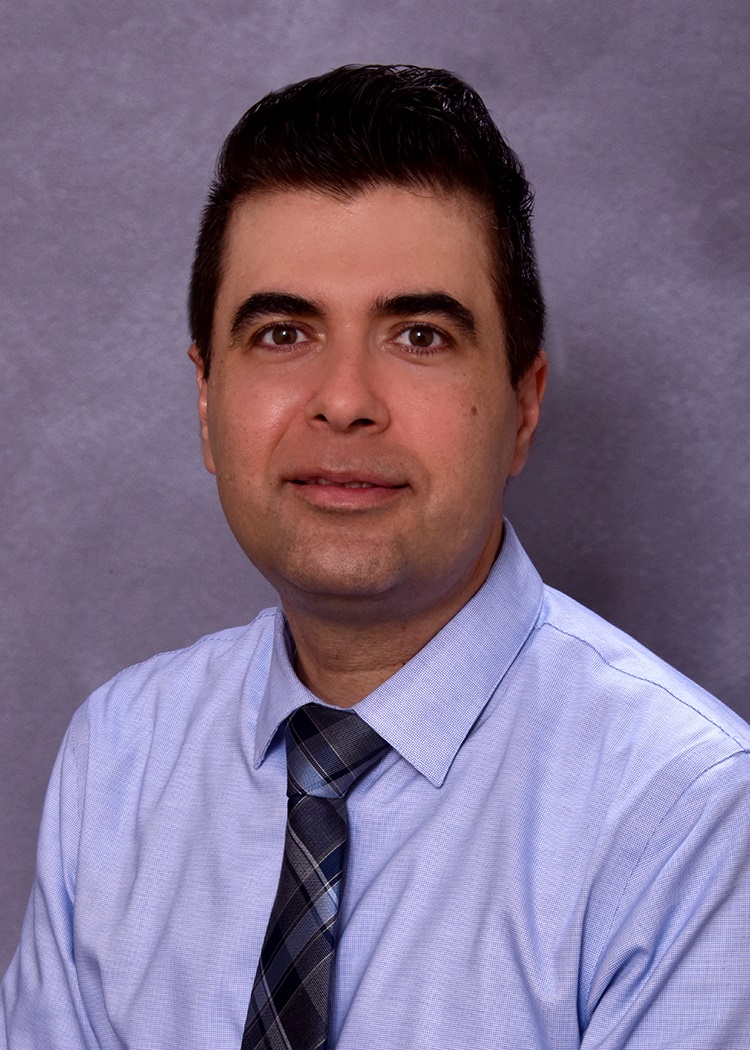
Farshad Mostafaei, PhD
- Assistant Professor, Radiation Oncology
- Medical Physicist
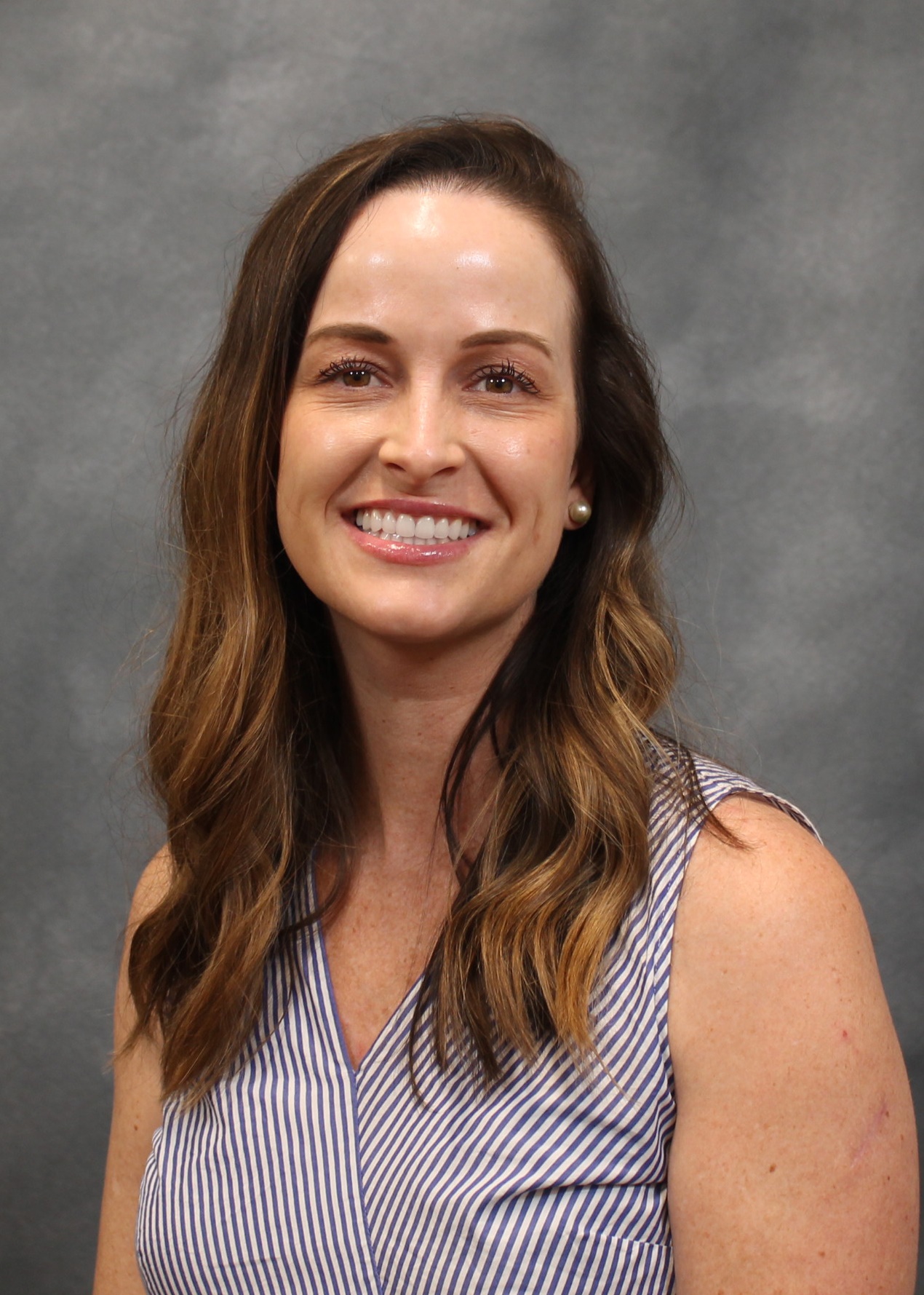
Amber Moore, MSN, RN
- Nurse Manager,
- Department of Radiation Oncology
706-721-2971

Ashley Lumpkin
- Chief Radiation Therapist,
- Department of Radiation Oncology
706-721-2971